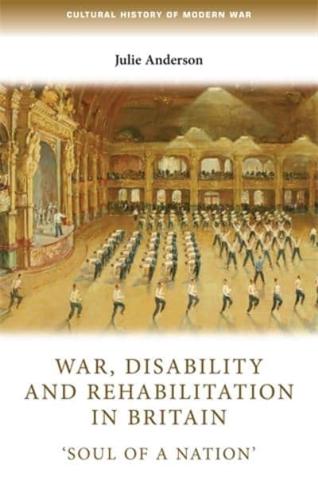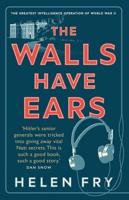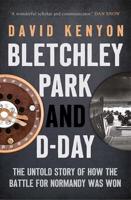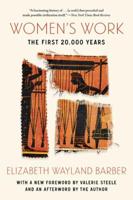Publisher's Synopsis
Through a series of thematic chapters, Julie Anderson explores the nature of injured and disabled bodies before, during and after the Second World War. Beginning at the end of the First World War and finishing with the publication of the Piercy Committee's report in 1956, the book examines medical practice, State support, societal attitudes and cultural meanings surrounding disabled war veterans and civilians. The book focuses on the embodied nature of the rehabilitative process, its gendered nature and the concentration on bodily fitness during the war. Using a series of case studies, this wide-ranging book seeks to understand the processes, methodology and practice of rehabilitation for those injured and disabled in war, and reflect on its adoption in post-war Britain. War, disability and rehabilitation in Britain will interest historians of medicine, war and disability studies.











